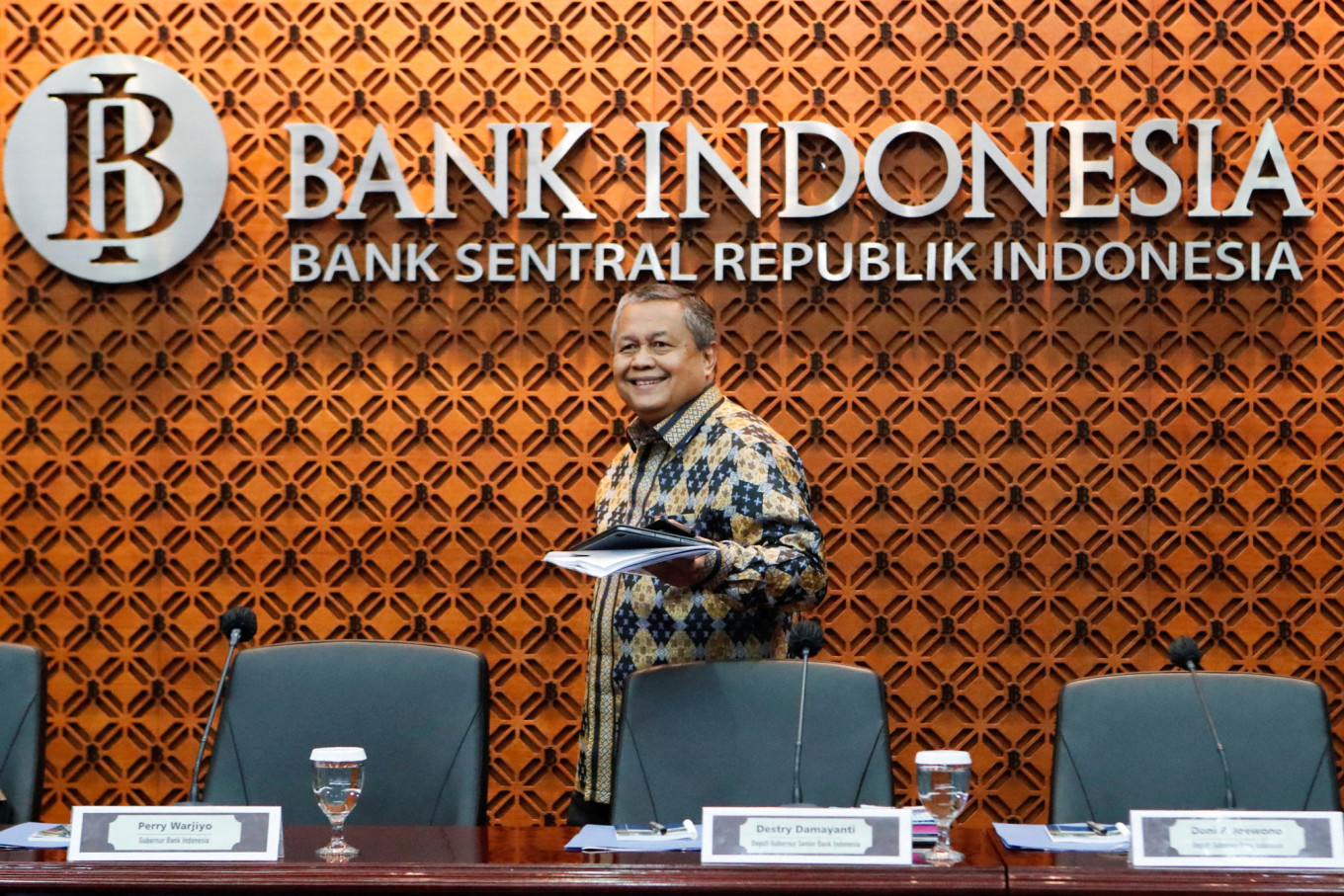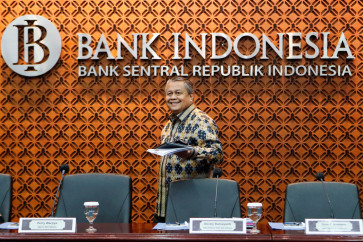Popular Reads
Top Results
Can't find what you're looking for?
View all search resultsPopular Reads
Top Results
Can't find what you're looking for?
View all search resultsClosely watching the macroprudential incentives
When demand for loans is sluggish, relaxation from the supply side will not stimulate the growth of bank loans.
Change text size
Gift Premium Articles
to Anyone
T
he limited space for monetary policy has prompted Bank Indonesia (BI) to relax its macroprudential realm. In line with the spirit of the policy mix, BI has released a Macroprudential Liquidity Incentive Policy (KLM) for banks, which will take effect on Oct. 1.
Banks that extend financing to priority sectors will be given incentives of up to 4 percent in the form of a reduction in the minimum reserve requirement (GWM). The implementation of KLM will add liquidity of at least Rp 47 trillion (US$3.1 billion) to the domestic financial market. The funds can be utilized by the bank receiving the incentives to provide more loans, or purchase securities or other financial assets in accordance with the needs of the national economic recovery.
At this point, KLM can be seen as a response to BI's policy on the recent trend of slowing loan growth. Last year total bank loans grew by 11.35 percent on an annual basis, then growth fell to 9.39 percent in May 2023, and to 7.76 percent in the following month.
The slowdown in loan growth is not due to a shortage of supply, as banking liquidity is ample. Third party funds and the loan to deposit ratio indicate a large potential for lending. The increase in the share of bank holdings of government securities (SBN) is an additional justification.
On the other hand, the businesses tend to be more careful in taking new loans. The results of a BI survey show that businesses are delaying the disbursement of approved loans. In many cases, corporations pay off their loans and prefer to use internal funds to finance their business activities.
Many factors could be behind the loan slowdown. Commodity prices are normalizing on the global market, which slows down business expansion. Additionally, ahead of the 2024 elections, businesses seem to prefer a “wait and see” approach.
As a result, KLM's effectiveness is in question. Textbook thinking directs KLM's arguments based on the inherently contradictory character of macroprudential policies. When loan disbursement weakens, macroprudential policies, in this case KLM, are relaxed.



















